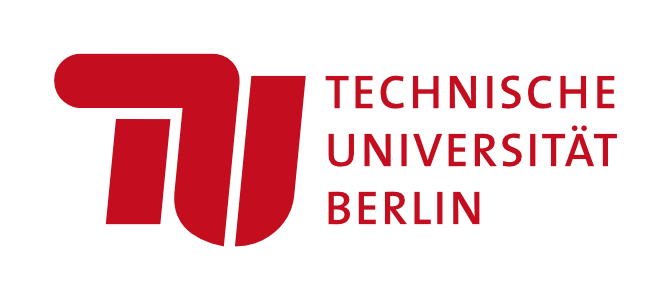Do I need work experience to apply for the master programs?
Yes. You must prove a minimum of one year work experience after completion of your university degree. Internships during studying do not count. So you must have continuous work experience of at least one year after your last academic degree and prior to starting the class here, which is prior to October 1st. Put differently: you must have made your last academic degree more than a year ago and have worked at least one year in the relevant sector full-time since, where the decisive date is October 1st. Proof of this is your work contract.
How can I prove my language proficiency?
Instruction language is 100% English, so you do not need any knowledge of German. What we do need from you is prove of your proficiency in English though. This has to be CEFR level B2 or higher. We do accept TOEFL and IELTS scores as they compare. In case your prior university instruction language was English, that is sufficient proof of your proficiency and we then do not need an extra certificate of you.
You can take language lessons in German and other languages at TU Berlin parallel to the compulsory classes for a small fee.
Any other tips for my application?
Please send all your documents at once. Using the application form, you can upload all documents required at once.
Where can I find more information on studying in Berlin with you?
Students and supervisors have compiled an (informal) guide book for you with detailed information and many practical tips: our Student’s Guidebook.
Once accepted, can I be granted a deferral if I cannot yet come for technical reasons?
TU Berlin does not have a deferral programme. Once you are accepted, you will be issued a form whether you are coming or not. Once you have signed this, you have entered a contract relationship with our University; a place is then yours which we cannot give to someone else, and your fees are due. We then expect you. Please note that not paying your invoice from this point on would be a breach of contract.
Your academic and administrative team will support you and you should address difficulties openly and directly as early as possible. In recent years, some students have not made it for the very start of the programme but joined us some weeks later. This has not been a major problem. The exams concluding the first module(s) are also offered again in spring as re-takes.
Please refer to the student guide.
What is the cost of living in Berlin?
In order to cover living expenses (room and board, health insurance, books, personal costs) for the period of study in Berlin, we recommend that participants budget at least 600 EUR per month. According to recent surveys, the average income of students in Berlin is 1.081 EUR of which students spend around 1/3 on rent. You may have higher expenses at the beginning (deposit for land lord, etc) and then settle; as a student, you are allowed part-time work in Germany. Please refer to the student guide.
Who will be my fellow students?
Students come from diverse academic and professional backgrounds: management, consultancy, economists, advisors, analyists, legal practicioners, entrepreneurs, etc. from a number of industries: regulation authorities, consultancies, renewables, grids, oil and gas, legal advice etc.
Course language is 100% English. Students come from all over the world; in recent years, 5-10% of students were German, and 10-15% from other European countries. There was no dominating group or language. Among student’s first and third languages are regularly German, Spanish, Hindi, Arabic, Russian, French, Mandarin, Malay, Portuguese, Persian, Indonesian…
Where can I find scholarship information?
Schneider Electric is offering scholarships for the Energy Management MBA programme. Find more informationhere.
Here are a few websites offering information on scholarships:
TU Berlin Career Service. Find more information here.
German Academic Exchange Service or DAAD(German: Deutscher Akademischer Austauschdienst). Find more information here.
Stipendienlotse scholarship database. Find more information here.
e-fellows – The Online Scholarship & Career Network. Find more information here.
MyStipendium scholarship platform. Find more information here.
FindAMasters funding database. Find more information here.
Sustainable Energy Development (ESED) scholarship. Find more information here.
TU Berlin Student Service and Scholarship. Find more information here.
Jean Monnet Scholarship Program. Find more information here.
Note: If you apply for a scholarship, please note that there are deadlines for scholarships independent from the admission to the MBL or MBA related dates.
